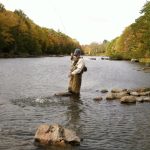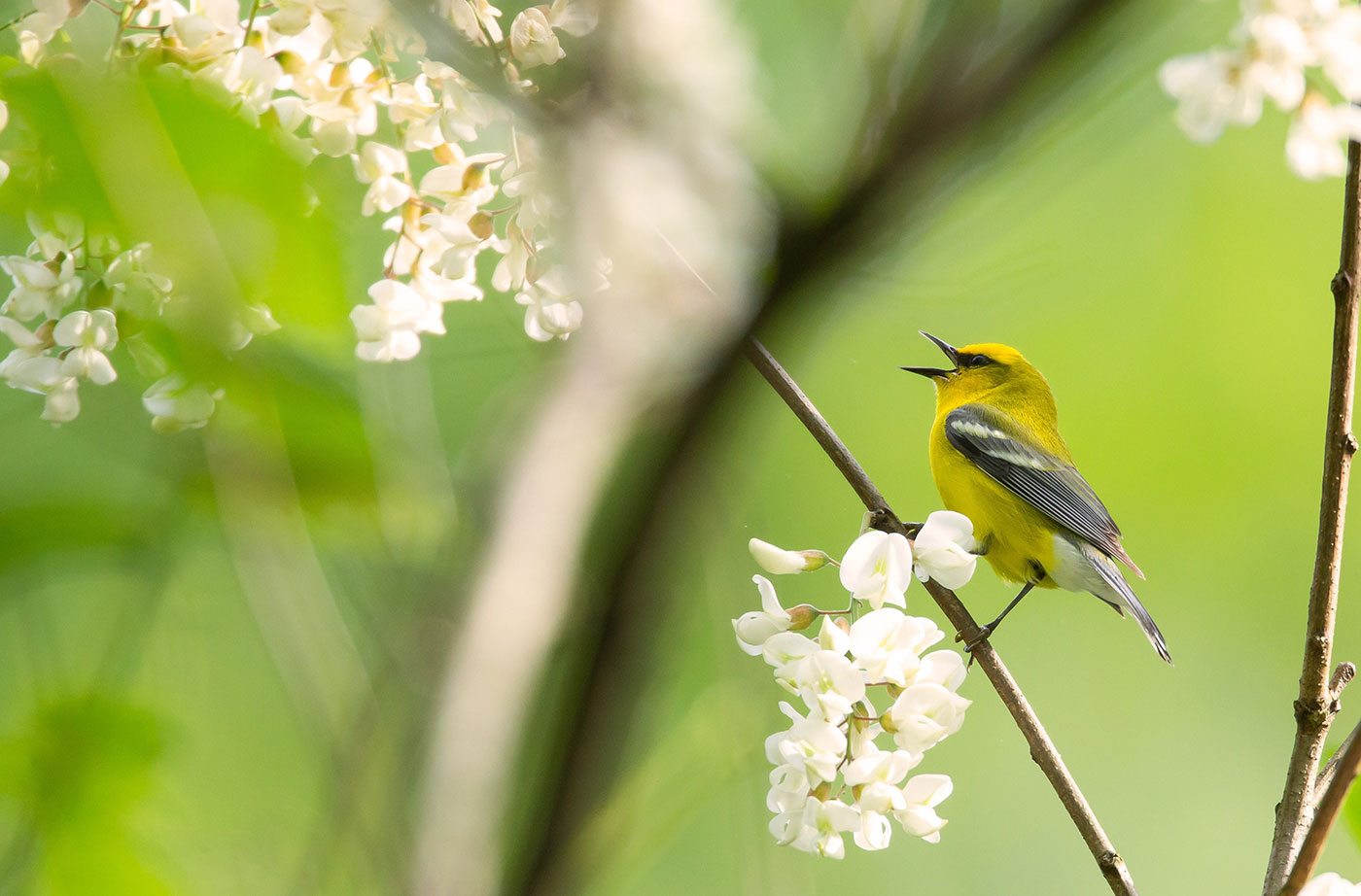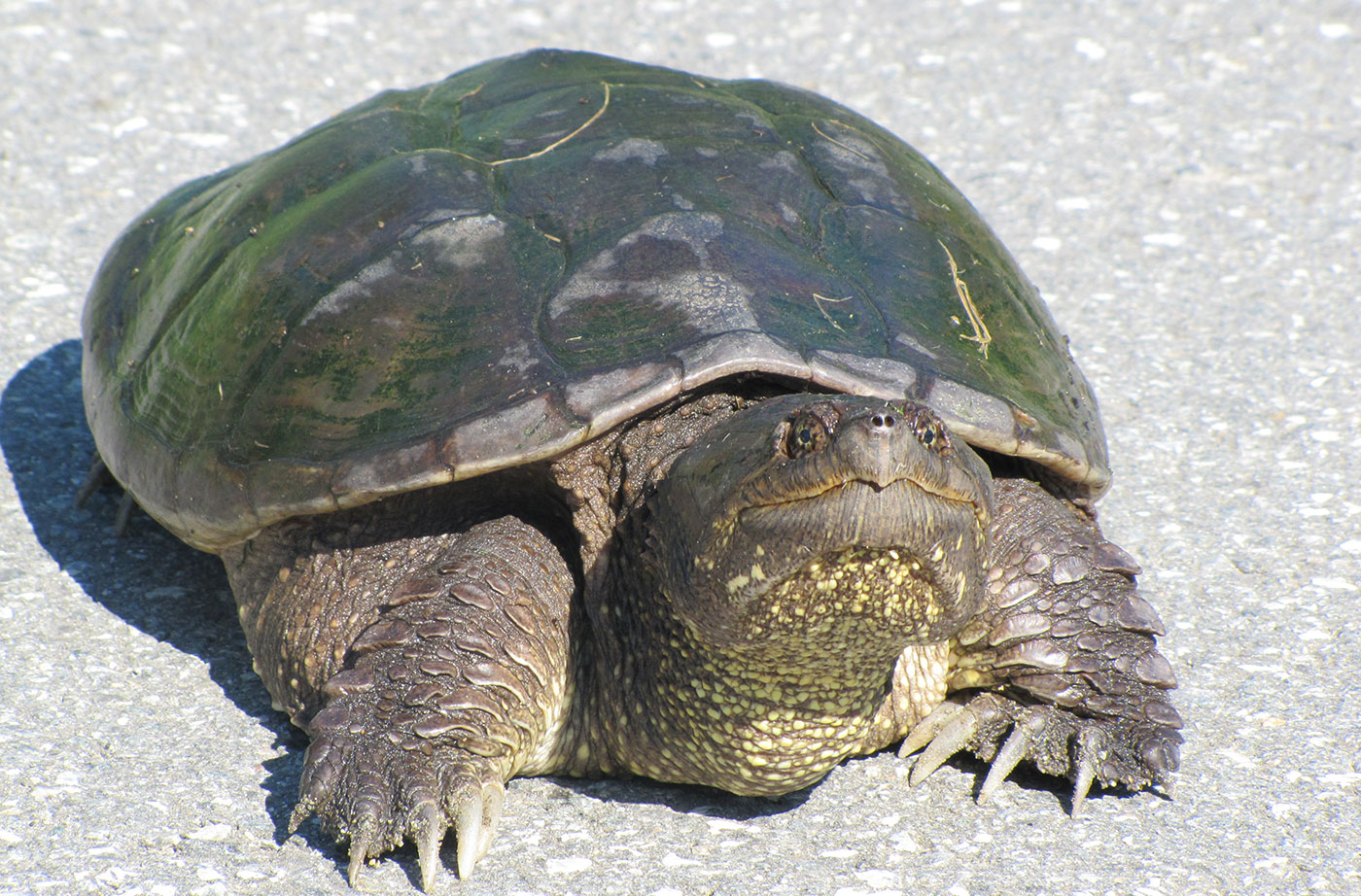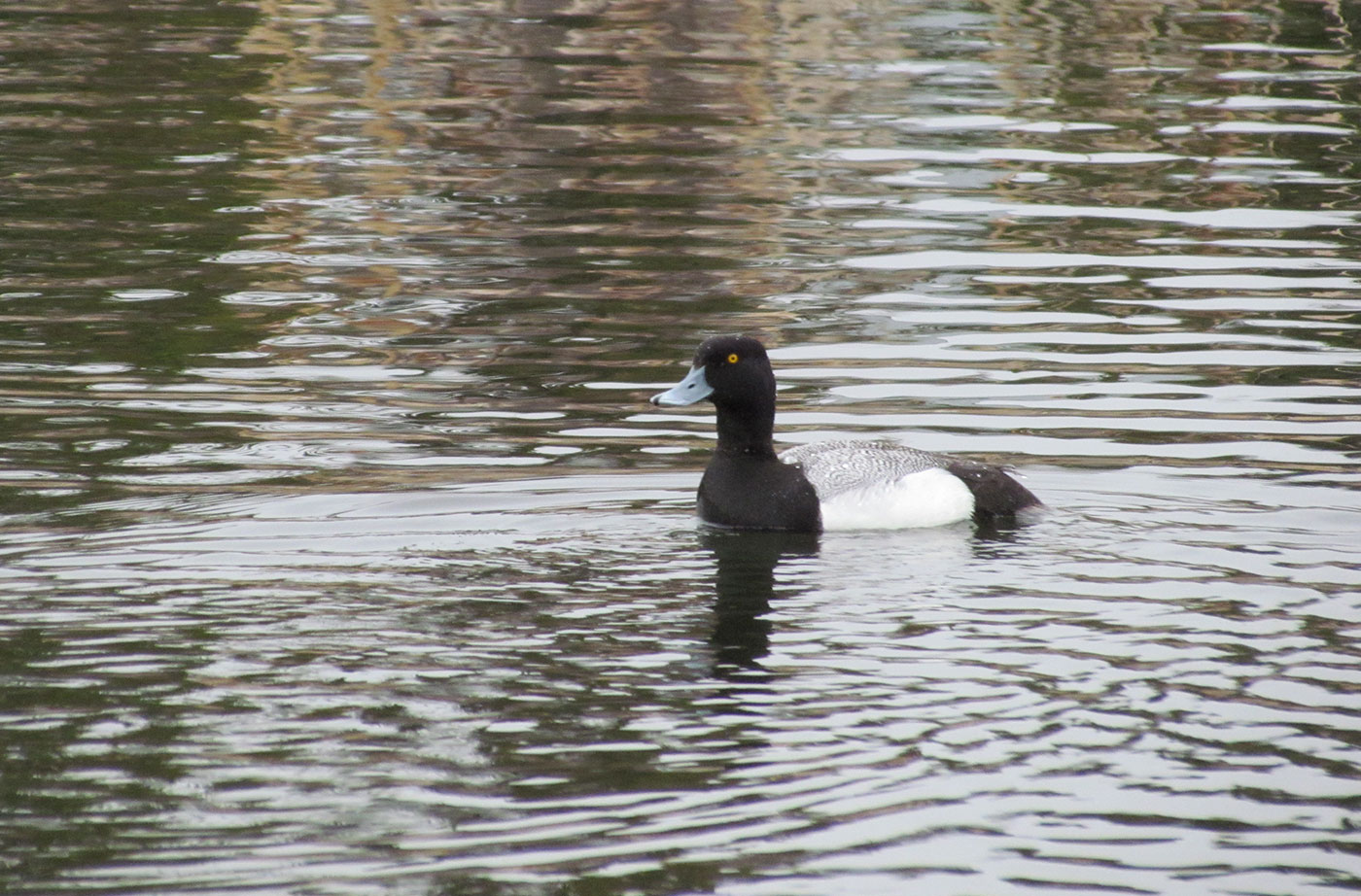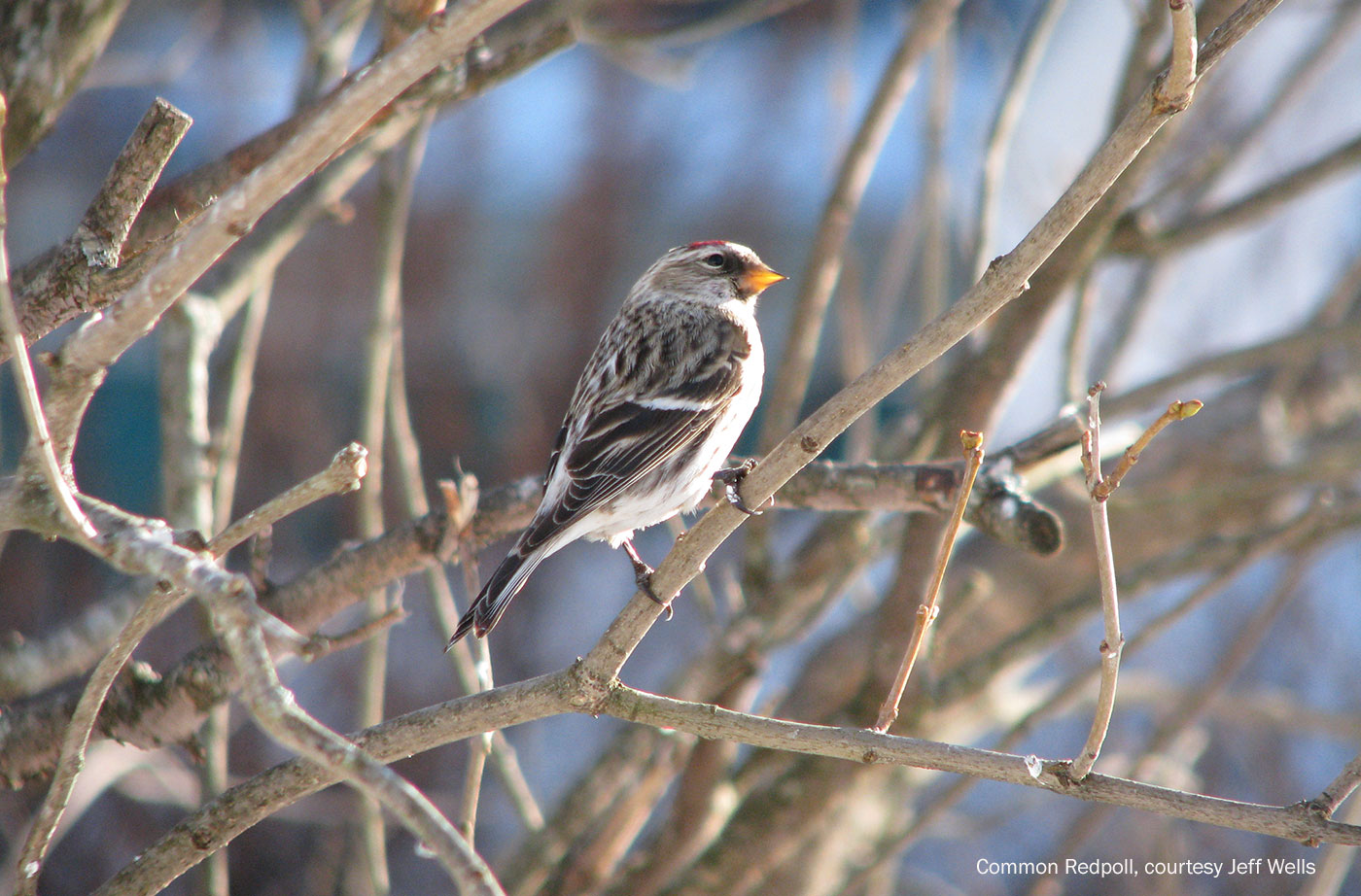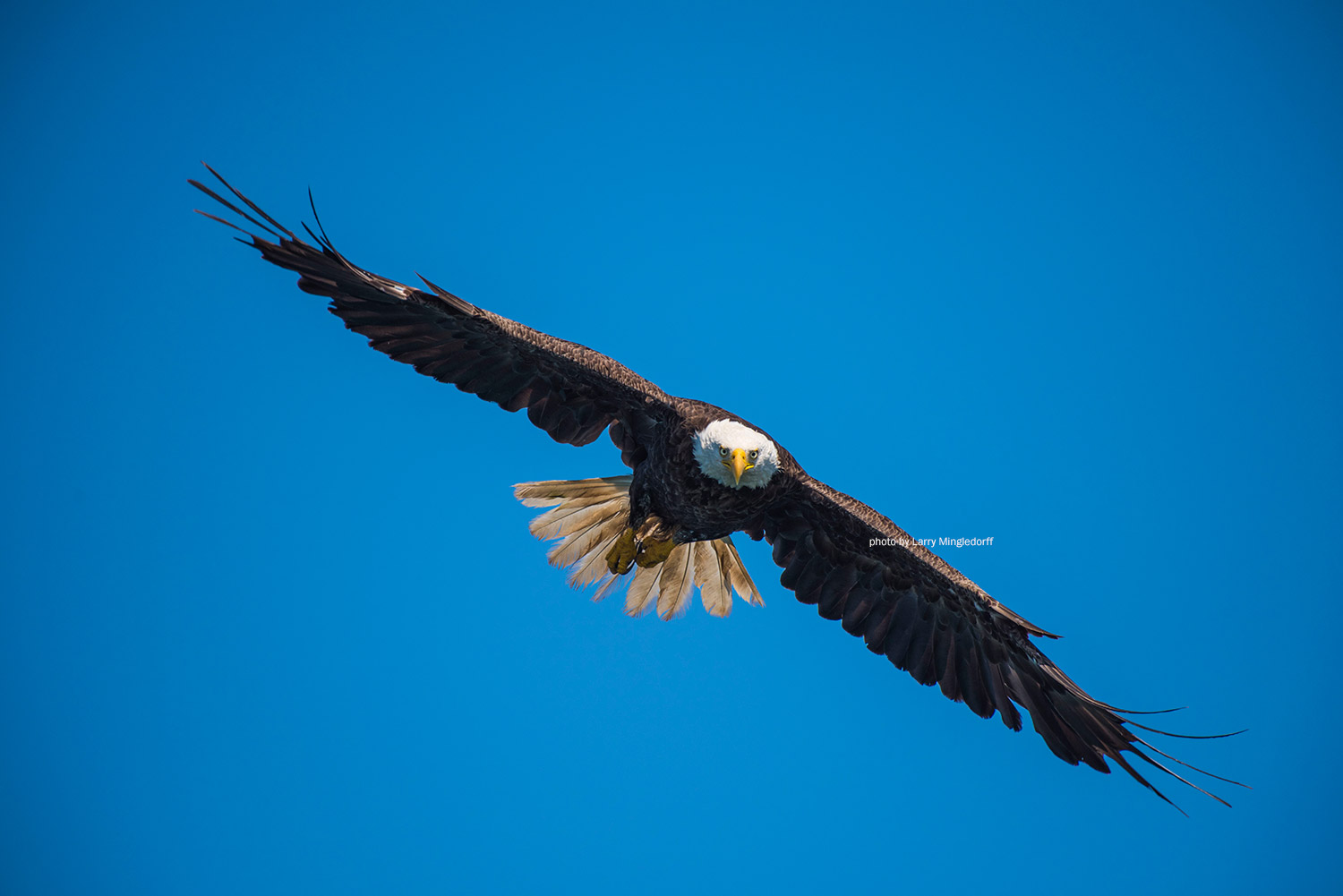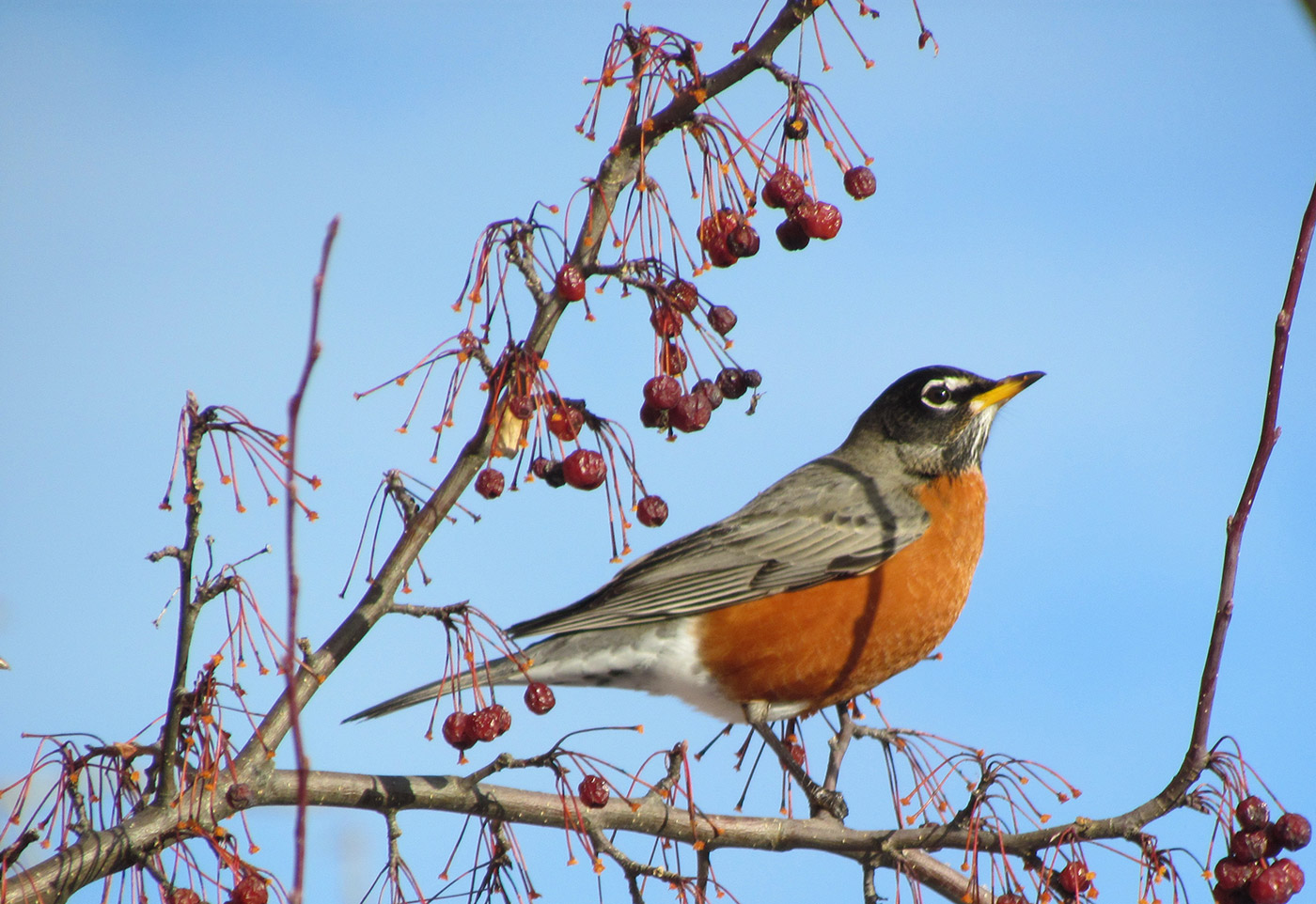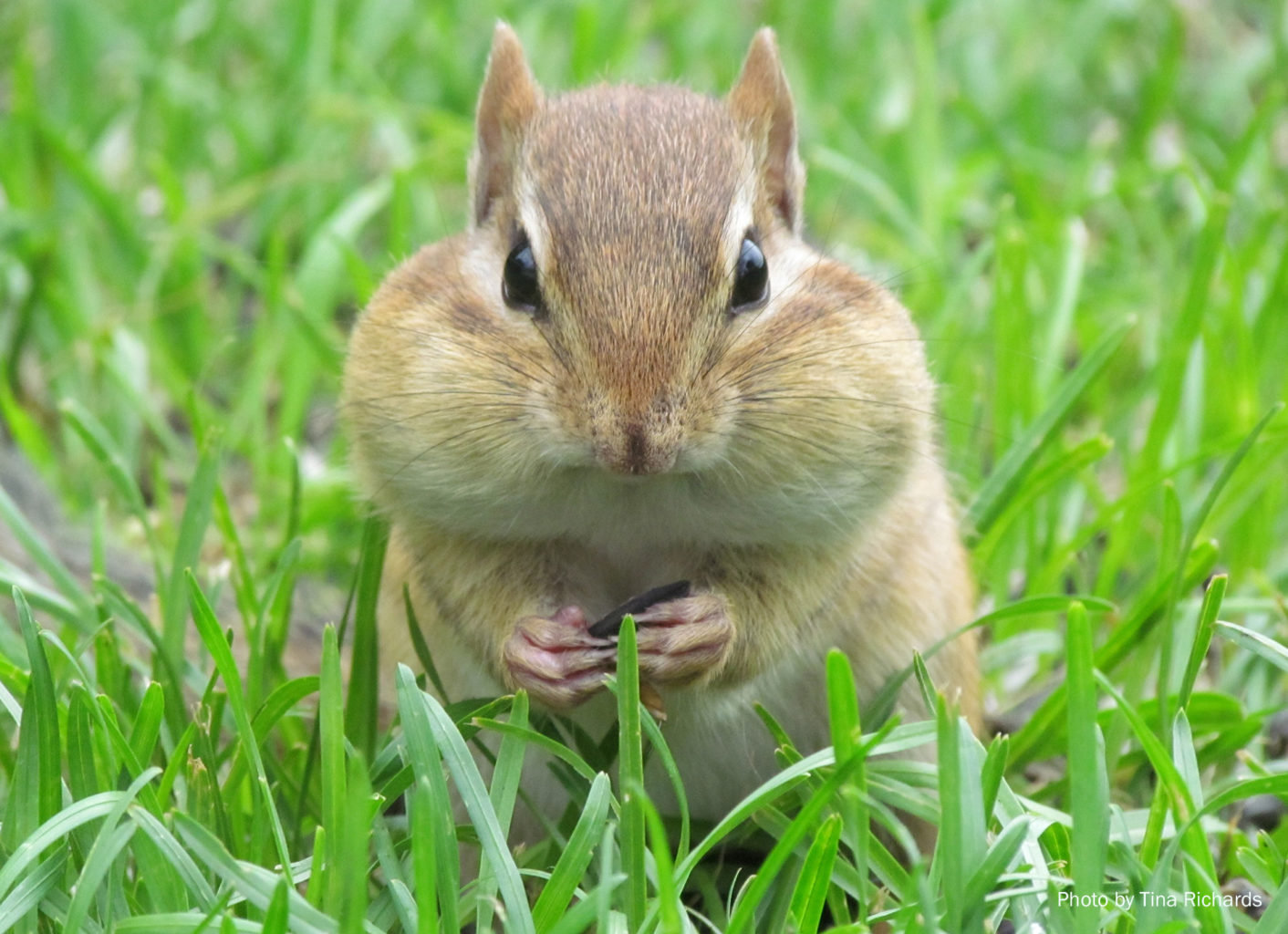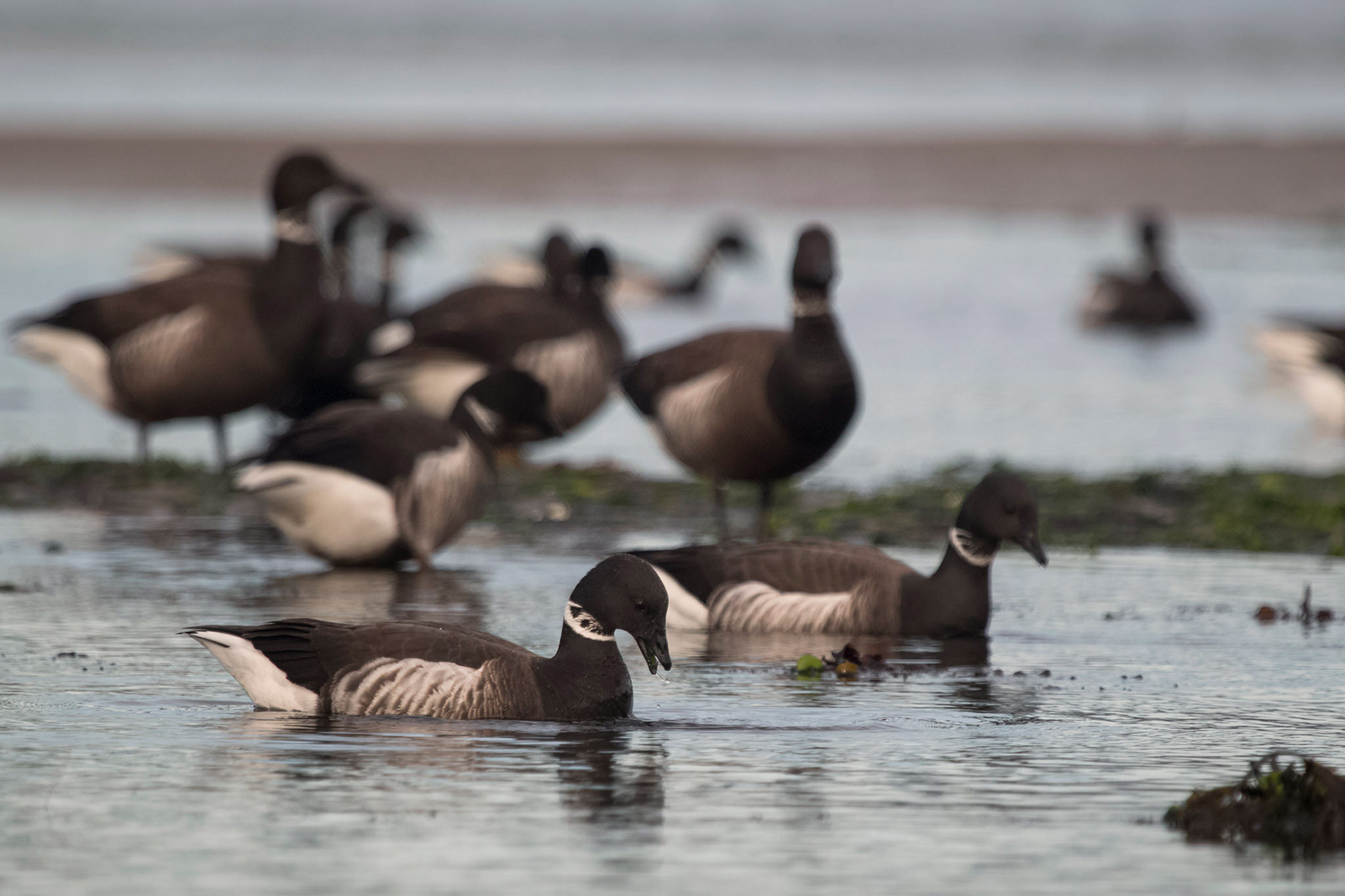Animal migrations are a natural marvel. Seeing the departure and return of birds, like sandpipers, puffins, and a number of songbirds and waterfowl, to and from Maine every year is a joyful way to mark the seasons. But have you ever considered making the journey yourself to take in the sights and sounds of a Read More
Protecting Wildlife
Maine is home to a wide variety of wildlife, and, for some species, Maine makes up a vast majority of their range or provides essential habitat that can’t be found elsewhere. NRCM works to protect Maine’s wildlife by advocating for policies that ensure they have healthy habitat and abundant resources to thrive.
Creature Feature: Snapping Turtle
Snapping Turtle (Chelydra serpentina) Cool Fact: The shell of a snapping turtle is full of nerve endings and sensitive to scratches. First, about that snap. Snapping turtles can’t pull their head and limbs into their shells, so they use their powerful jaws in self-defense. They can raise up on their hind legs, stretch out their Read More
New Canadian National Park is Good for Maine’s Birds
What is the largest protected area you know? Is it Baxter State Park? Yellowstone? Are you sitting down? Thaidene Nene, a new Canadian national park reserve, is more than 25 times larger than Baxter and more than twice the size of Yellowstone. At more than six million acres, Thaidene Nene is one of the largest Read More
Support of LD 102, An Act to Improve the Manufacturing of Plastic Bottles and Caps
Senator Carson, Representative Tucker, and members of the Joint Standing Committee on Environment and Natural Resources, my name is Sarah Lakeman and I am the Sustainable Maine Project Director for the Natural Resources Council of Maine (NRCM). I appreciate this opportunity to speak to you in support of LD 102, An Act to Improve the Read More
A “Winter Finch” Holiday for Birders
For birders, especially those of us here in Maine and the eastern U.S., a holiday of sorts is fast approaching. Bird enthusiasts anticipate it the way many youngsters look forward to Christmas morning. But this fine-feathered special occasion takes place just once every two years or so. Staffers at the Natural Resources Council of Maine Read More
Last of Their Kind in the Year of the Bird
Like many of you, we mourned the loss of the last male northern white rhino on Earth. His name was Sudan. Though he was named for the country where he was born, Sudan had spent most of his life in a zoo in the Czech Republic. While Sudan lived out his life thousands of miles Read More
Robin Hunting—and Eating—and the Year of the Bird
You may know that the early settlers to North America named the American Robins we know and love today. But did you know they also ate them? When the first European settlers saw the bird, they named the species “robin” based on the robins they knew back in Europe. That species, now called the European Read More
Athens Community School Middle School Students Learn about Local Wildlife
At Athens Community School, we have a unique Friday afternoon program called Learning Power. In this mock community, students choose a group to join for the year where they learn and practice real-life skills. This year, my group is a 4-H Club. In 4-H, children “learn by doing” while applying life skills, strengthening the fundamentals Read More
The Littlest Goose
Every winter, a few of the tiniest of geese spend the winter along the Maine coast. These geese, called Brant, are another of the species that we celebrate in the Year of the Bird because, if not for the passage of the Migratory Bird Treaty Act in 1918, they might not be with us anymore. Read More







